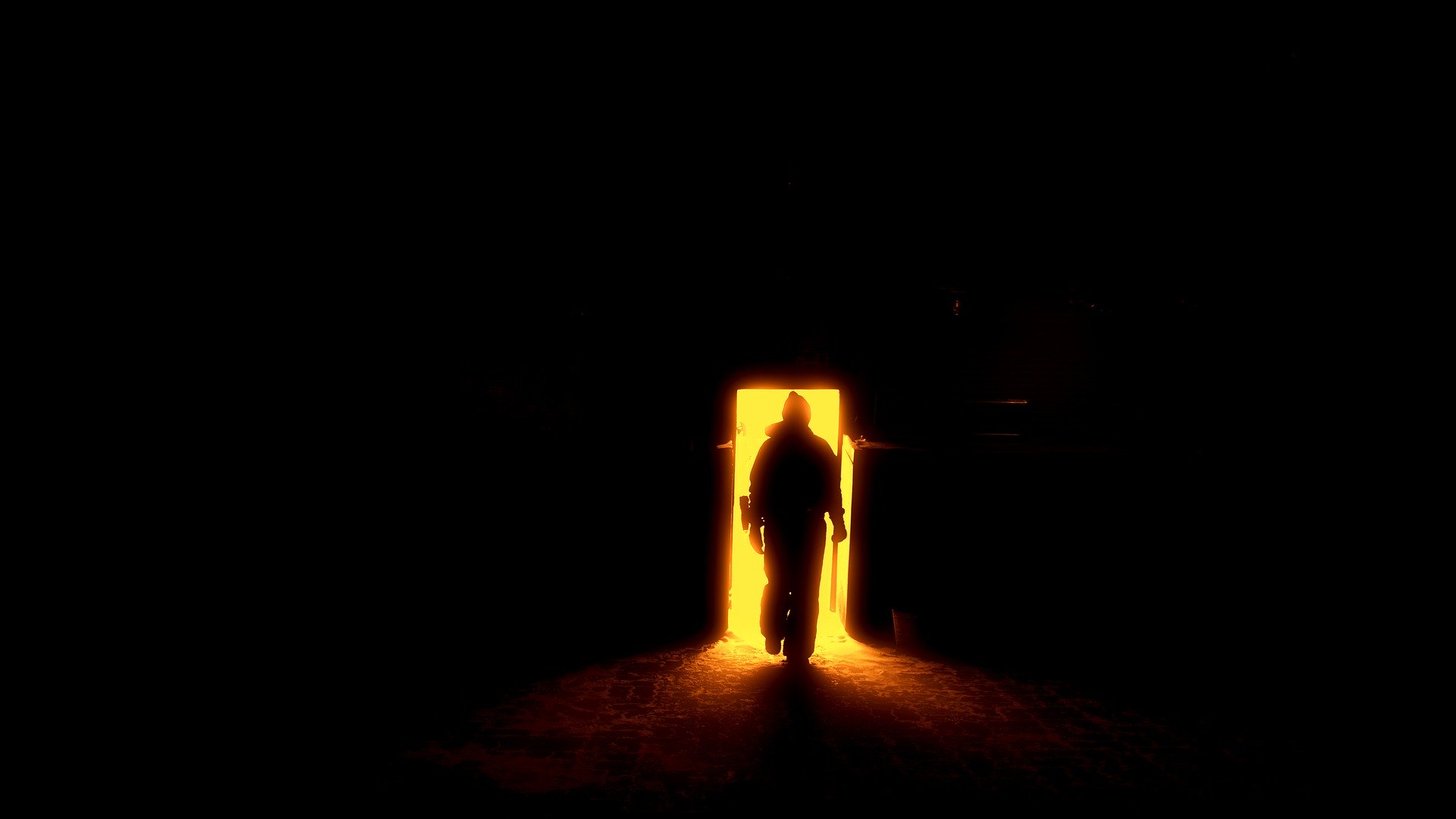
Incandescence crisis Weapon HUMANITY
Throughout history, humanity has encountered numerous crises that have tested its endurance and adaptability. Among these, the Black Death of the 14th century stands out as one of the most devastating crises of the past, while climate change emerges as the most pressing crisis of the present and foreseeable future. Both crises, despite their differences in nature and causes, have profoundly shaped human societies and continue to present significant challenges.
The Black Death: A Catastrophic Crisis of the Past
The Black Death, which struck Europe, Asia, and North Africa in the mid-14th century, was a bubonic plague pandemic caused by the bacterium Yersinia pestis. The plague is estimated to have killed 75-200 million people, drastically reducing the global population. The disease spread rapidly through fleas carried by rats, exacerbated by the lack of medical knowledge and poor sanitation of the time.
The social impact of the Black Death was immense. Entire communities were wiped out, leading to widespread fear and panic. The drastic reduction in population led to labor shortages, which in turn caused economic upheaval. Serfdom declined as labor became more valuable, and wages for workers increased significantly. This shift in economic power from landowners to laborers played a crucial role in transforming the medieval feudal system, paving the way for the emergence of a more modern economy.
Culturally, the Black Death had a profound effect on European society. The pervasive presence of death led to a surge in religious fervor, but also to widespread questioning of the Church’s authority, as it failed to provide answers or solace. This crisis of faith contributed to the seeds of the Reformation that would bloom in the following centuries. Art and literature from this period often depicted macabre themes, reflecting the collective trauma of the time.
Politically, the Black Death destabilized many regions. The massive loss of life among the nobility and ruling classes led to power vacuums and shifts in political structures. In some cases, this resulted in increased centralization of power, while in others, it led to greater regional fragmentation and conflict.
Climate Change: The Defining Crisis of the Modern Era
In contrast to the sudden and acute crisis of the Black Death, climate change represents a slow-burning yet increasingly urgent crisis. Driven primarily by human activities such as the burning of fossil fuels and deforestation, climate change manifests in rising global temperatures, melting ice caps, sea-level rise, and more frequent and severe weather events. The implications of this crisis are far-reaching and affect every aspect of life on Earth.
Environmentally, the impacts of climate change are devastating. Ecosystems are disrupted as species struggle to adapt to changing temperatures and habitats. Coral reefs, which support a vast array of marine life, are bleaching and dying at unprecedented rates. The melting of polar ice caps contributes to sea-level rise, threatening coastal communities worldwide. Additionally, extreme weather events such as hurricanes, droughts, and wildfires are becoming more common and more severe, causing widespread destruction and loss of life.
Economically, climate change poses significant challenges. Agricultural productivity is threatened by changing weather patterns, leading to potential food shortages and increased prices. Infrastructure is at risk from rising sea levels and extreme weather, necessitating costly adaptations and repairs. Insurance industries face mounting losses as natural disasters become more frequent, and entire economies can be destabilized by the resultant social and political unrest.
Socially, the crisis of climate change exacerbates existing inequalities. Vulnerable populations, particularly in developing countries, are often the hardest hit by climate-related disasters, despite contributing the least to the problem. This leads to increased poverty, displacement, and migration as people seek safer and more stable living conditions. The resultant pressure on resources and social systems can lead to conflict and further instability.
Addressing climate change requires comprehensive and coordinated global action. Mitigation efforts, such as reducing greenhouse gas emissions through transitioning to renewable energy sources and improving energy efficiency, are critical. Simultaneously, adaptation strategies must be implemented to protect communities and ecosystems from the impacts that are already occurring. This includes investing in resilient infrastructure, sustainable agriculture, and disaster preparedness.
Conclusion
Both the Black Death and climate change illustrate how crises can reshape human history and present profound challenges to societies. The Black Death, with its sudden and catastrophic impact, teaches us about the fragility of life and the profound societal changes that can emerge from such devastation. In contrast, climate change, as a slow-moving but escalating crisis, demands proactive and sustained efforts to mitigate its effects and adapt to its realities. Learning from the past, humanity must come together to address the present and future challenges posed by climate change, ensuring a sustainable and resilient future for generations to come.
By: Apriliana Dwi Listiyani
Write and Win: Participate in Creative writing Contest & International Essay Contest and win fabulous prizes.


